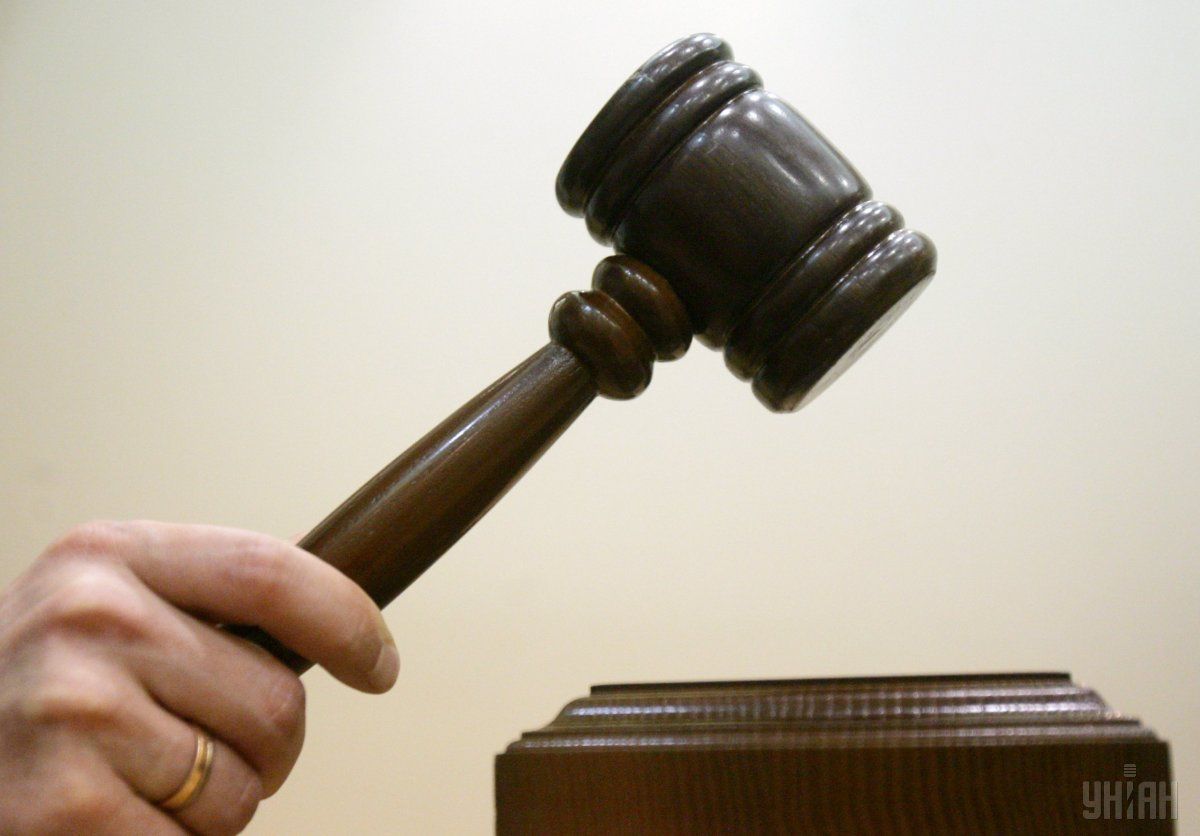
A 28-year-old Ukrainian national from Kharkiv has been sentenced to life imprisonment for racist and homophobic attacks on six people and the killing of another young man.
The case was an important precedent due to the fact that the prosecution clearly identified racism and homophobia as motives determining Vitaly Kadnichansky’s choice of victims, according to the Kharkiv Human Rights Protection Group (KHPG).
The case also gained some notoriety due to the attempt by Oleh Lyashko, leader of the Radical Party, to get the young man added to a list of "political prisoners" in 2015, and pardoned.
Read alsoEquality without bragging: Kyiv hosts another LGBT PrideVitaly Kadnichansky was arrested in May 2012 after two shocking assaults on Nigerian students in Kharkiv, with other charges later added. He reportedly confessed to the attacks, though later retracted his confession and denies all charges.
A panel of judges at the Dzherzhynsky District Court in Kharkiv on Feb 5 sentenced the man to life imprisonment on charges of murder, attempted murder, and possession of explosives.
He was also ordered to pay UAH 6,000 to each of the victims, as well as UAH 18,000 in trial costs. The defense team intends to appeal the verdict.
Kadnichansky was charged with six attacks, mainly on foreign nationals (from Africa or Asia), as well as with the murder of a Ukrainian national, Vyacheslav Sychov. He had apparently confessed to this on a separate occasion.
A number of people were released in an amnesty spree of 2014 after the abrupt end to Viktor Yanukovych’s presidency. Some, but not all, were very clearly political prisoners, or people whose imprisonment and convictions under the Yanukovych rule aroused concern. The suggestion in 2015 that Kadnichansky should be released as a ‘political prisoner’ was fortunately rejected.
Read alsoHolocaust program may move to Ukraine due to Polish bill on Nazi crimesKadnichansky was found guilty of grave crimes, while the motives were never in dispute. It has often been difficult to get prosecutions launched on the grounds of xenophobia, while Ukraine's judiciary saw little to no experience in dealing with homophobic crimes. The reasons include the difficulty of proving the intent required by Article 161 of the Criminal Code and unwillingness to "spoil" the stats with such cases. Among the negative consequences of such situation is that foreign nationals targeted in racist attacks have either been fearful of reporting them or simply seen no point in doing so.

